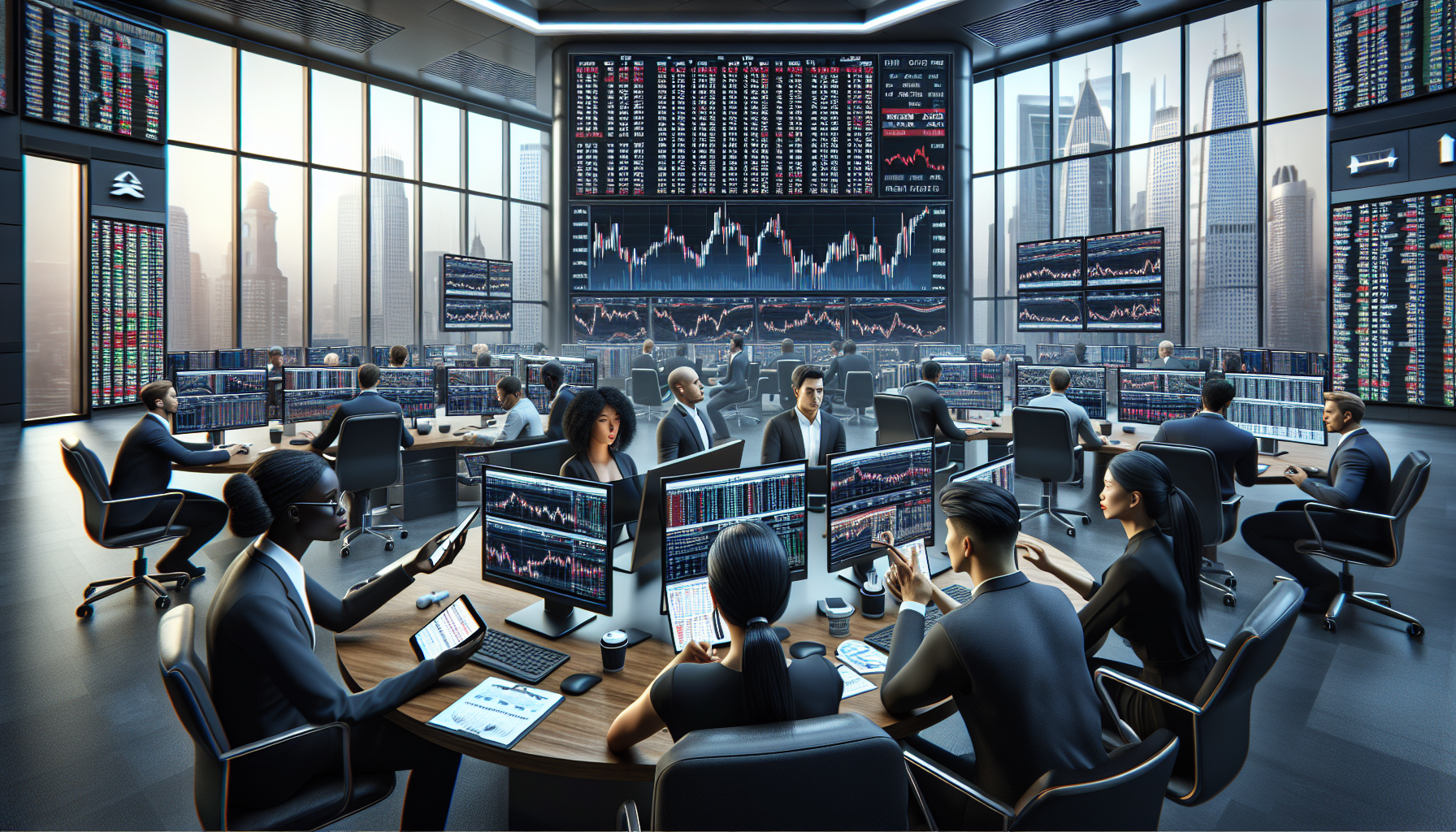
tl;dr
Spain is integrating AI into its film and television industries to become a leader in AI content creation and regulation. Key projects include the AI-generated sci-fi film "The Great Reset," which uses AI for visuals and post-production while maintaining human creative oversight. Spain approved a dr...
Spain is making significant strides in integrating and regulating artificial intelligence (AI) within its film and television industries, positioning itself as a pioneer in AI content creation and oversight. A flagship example is the AI-generated sci-fi feature film, The Great Reset, which employs AI technologies for image synthesis, animation, and post-production. Despite heavy AI involvement, human creative teams maintain control over the narrative, artistic direction, and emotional resonance, ensuring the film reflects authentic storytelling.
The innovation in Spain comes amidst global debates on the ethical, transparent, and authentic use of AI in filmmaking. Controversies like those surrounding the film The Brutalist—where AI was used to modify actors' accents—have spotlighted concerns about AI’s role in performance and artistry. To address such issues, Spain approved a comprehensive AI regulation law in March 2025. This legislation mandates clear labeling of AI-generated content and enforces strict penalties, including fines up to €35 million for misrepresentation, aligning with broader European Union standards.
Spanish AI technologies are not confined to local projects. Hollywood productions are already benefiting from Spain’s advancements. Robert Zemeckis’s film Here, starring Tom Hanks and Robin Wright, utilized Spanish AI tools like the upscaler 'Magnific' to enhance over 20 scenes. These AI capabilities dramatically reduce time spent on technical details, allowing VFX artists to focus more on creativity. The film also featured real-time face-swapping technology for actor de-aging, with actors able to see their younger selves live on set, showcasing a seamless blend of innovation and artistry.
Beyond film, Spain's television sector is experimenting with AI applications such as archival cataloging and content generation. Noteworthy initiatives include the AI-created news show Telediario 2088, an immersive virtual reality project that exemplifies Spain’s appetite for pushing creative boundaries through technology. Meanwhile, industry leaders are developing sophisticated AI-powered video editing tools designed to allow users to compose long-form videos fully, integrating audio and multiple clips into a single seamless production.
Spanish filmmakers emphasize that AI serves as a creative augmentation tool rather than a replacement for human artistry. Director Daniel H. Torrado of The Great Reset articulates this view clearly: AI helps simulate complex creative decisions early in the process without imposing budgetary risks but ultimately defers all artistic and emotional choices to human creatives.
As Spain advances its dual mission of leveraging AI innovation and ensuring ethical oversight, it is setting a global example for responsible AI adoption in audiovisual arts. The integration of AI is reshaping workflows, enabling new forms of storytelling, and encouraging ongoing dialogue about creativity's future in an AI-augmented world. How might these developments influence global standards, and what new artistic horizons will they open for filmmakers and audiences alike?